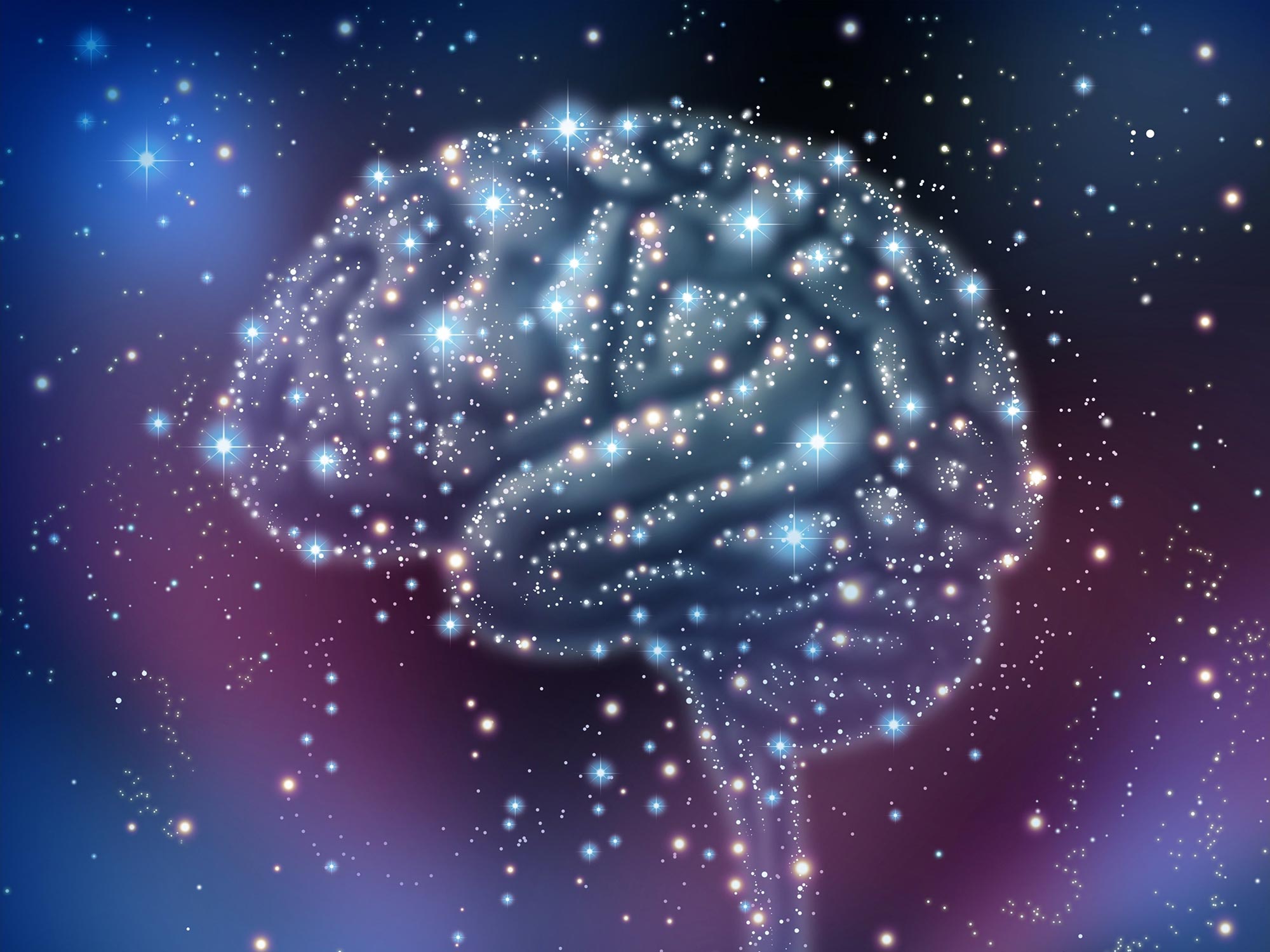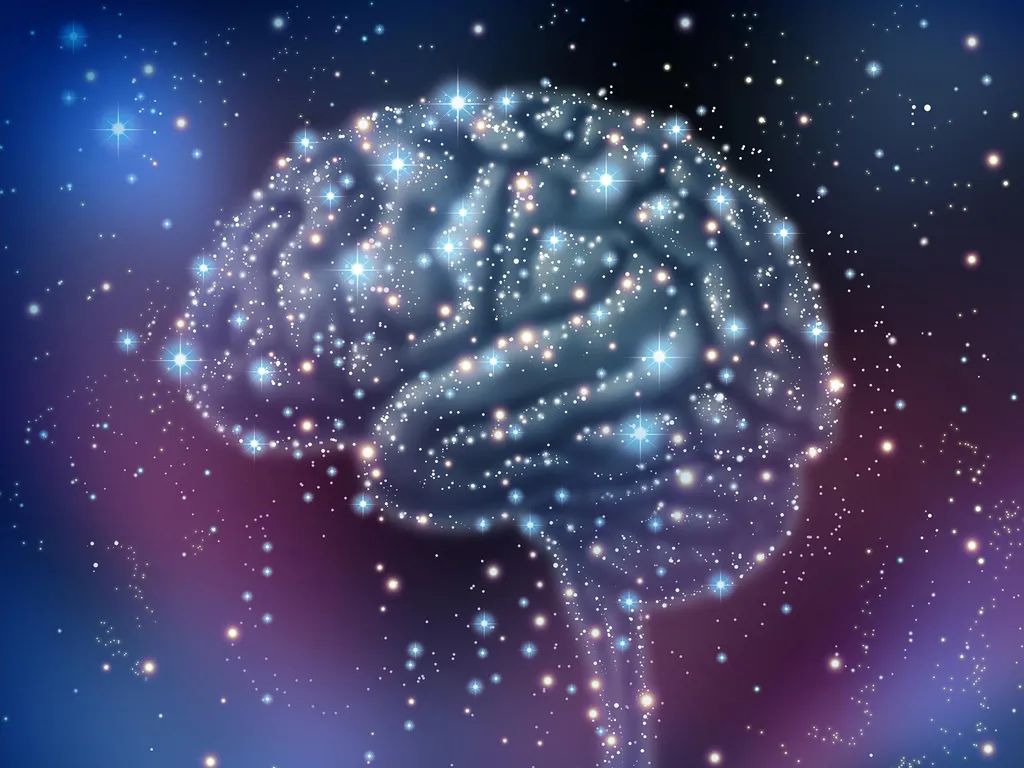

According to new research, the neurotransmitter dopamine is involved in recognizing emotion.
The reward neurotransmitter also contributes to social cognition.
The neurotransmitter dopamine, famous for its role in reward, is also involved in recognizing emotions, according to new research published in JNeurosci, the Society for Neuroscience’s first journal.
People with disrupted dopamine levels, such as individuals suffering from Parkinson’s disease or schizophrenia, often struggle with aspects of social cognition. Yet the link between dopamine and specific social behaviors remained elusive, in part due to mixed results from studies that did not account for individual differences in dopamine levels.

Examples of the stimuli used in the study. From left to right: Happy, angry, and sad emotional states conveyed in point-light-displays of walking bodies. Credit: Stimuli created by Edey et al (2017) adapted from Nackaerts et al. (2012)
In a research study by Schuster et al., healthy participants took haloperidol — a dopamine receptor inhibitor — on one day and a placebo pill on another before completing an emotion recognition task. They assessed videos of people expressing an emotion through their posture and gait (i.e., slow movements for sadness, quick, jerky movements for anger). The researchers also indirectly measured each person’s baseline dopamine levels by testing their working memory.
The effects of haloperidol varied in each person depending on their baseline dopamine levels. In people with low dopamine, the drug increased their ability to recognize emotions, while in people with high dopamine, the drug impaired their ability. Future work will examine how changes in dopamine levels in disorders like Parkinson’s disease contribute to social cognition impairments.
Reference: “Dopaminergic modulation of dynamic emotion perception” by B.A. Schuster, S. Sowden, A.J. Rybicki, D.S. Fraser, C. Press, P. Holland and J.L. Cook, 2 May 2022, JNeurosci.
DOI: 10.1523/JNEUROSCI.2364-21.2022
